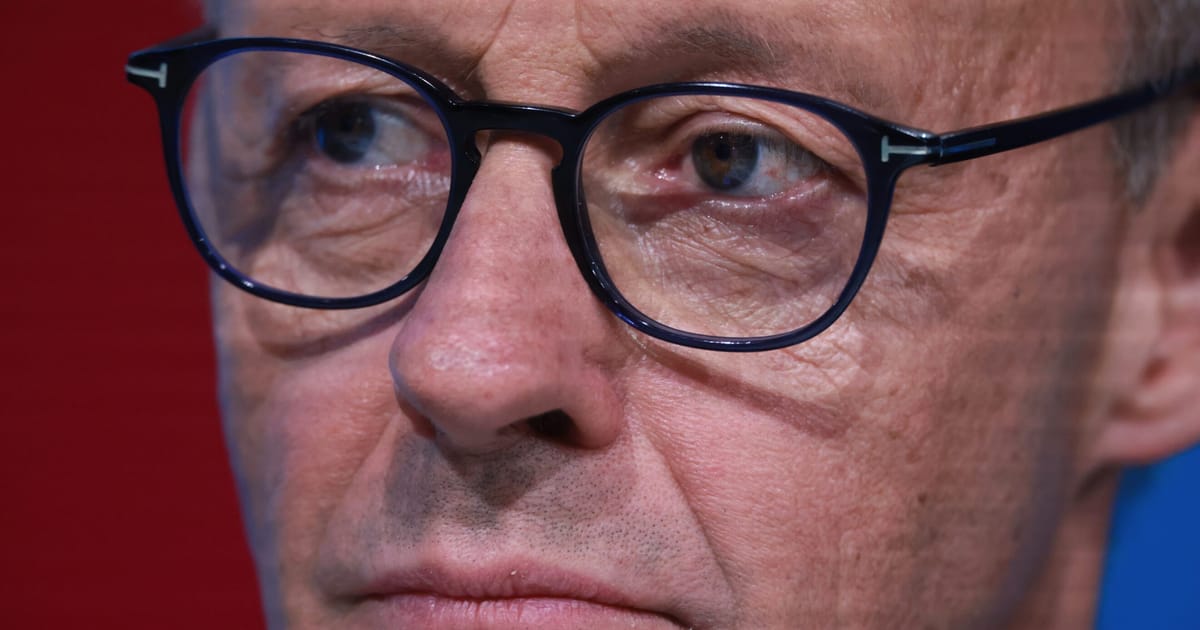But the center-left Social Democratic Party, part of Merz’s ruling coalition alongside his center-right Christian Democrats, argue that there is no need to look for alternatives to the U.S. because Trump has not indicated he plans to pull out of NATO and abandon Europe.
“We don’t doubt NATO’s nuclear deterrent, because there are official commitments made by U.S. government officials supporting it,” Schmid said.
The German lawmaker warned that a French nuclear umbrella that protects only some EU member countries would create instability and stressed that “there can’t be two different security zones in Europe.”
“When it comes to defense, there are subjects that require our attention much more urgently than nuclear deterrence — conventional defense capabilities in particular,” he added.
Macron said several times he was open to start a dialogue with European partners on nuclear deterrence. While countries such as Denmark, Poland and Lithuania have already expressed interest, others such as Latvia insist that NATO should be the framework for nuclear weapons.
Unlike the United Kingdom, France is not a member of the NATO nuclear planning group. However, its nuclear forces are independent of the U.S., making them useful in case America retreats from Europe under Trump.
While it’s unclear what exactly France means when Macron says France’s vital interests have a European dimension, he has always made it clear that any decision to use France’s nuclear weapons would remain in the French president’s hands.
It is part of France’s nuclear doctrine to keep the potential trigger for nuclear retaliation purposely vague.
